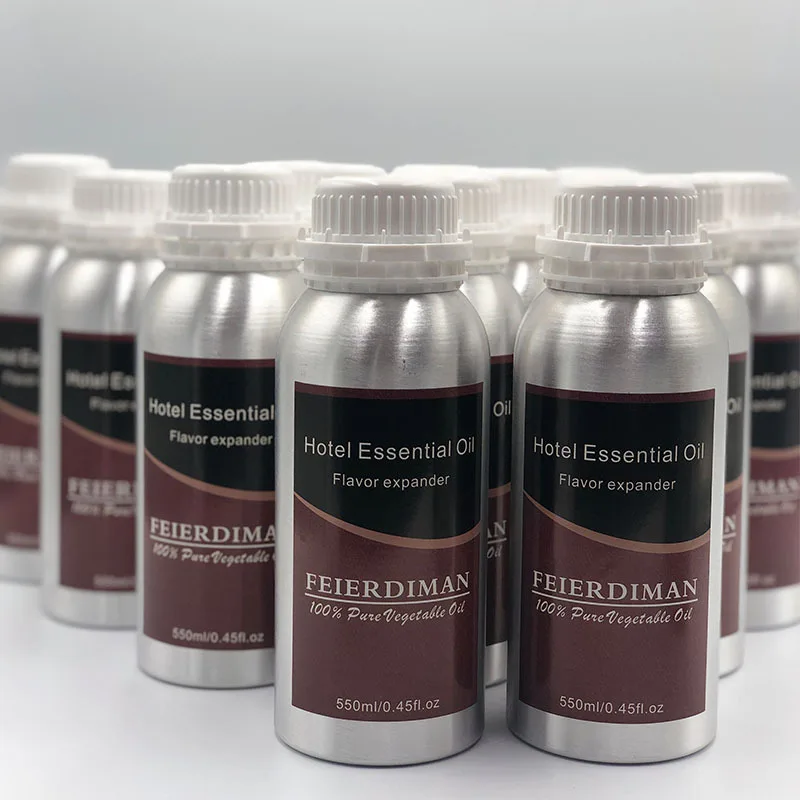The head of Massachusetts’s marijuana regulatory agency has suggested that a pair of proposed ballot initiatives to effectively recriminalize recreational cannabis sales could imperil tax revenue that’s being used to support substance misuse treatment efforts and other public programs.
Travis Ahern, executive director of the Cannabis Control Commission (CCC), said in a recent interview with Talking Joints Memo that while the agency doesn’t generally “advocate for or against the policy specifically as it relates to a ballot question,” the state’s marijuana law that would be upended by the proposals has meaningfully contributed to valuable social services.
A budget report that included a review of the commonwealth’s cannabis industry demonstrated “the good that has come out of the funds—the revenue received through cannabis, the success of cannabis taking over cranberries as the number one cash crop, and tax revenue over alcohol,” he said, noting that a portion of those funds have supported agencies that “deal with substance abuse.”
“It’s funding programming at a bunch of different state agencies, which is all great. I think it answers a lot of people who may be looking at the future ballot question on should we recriminalize and saying, ‘Well, the good that’s coming out of cannabis revenue.’ It’s probably not something people want to give up.”
“I think ultimately I’m happy that we have other things that can lead the way, where we may have to kind of remain silent. So that’s kind of where we are for the most part,” Ahern said of the proposed ballot measure. “At the same point, from where I’m standing as somebody who voted to legalize, to me, this is the number one guiding light.”
“I have nothing against folks who like alcohol. I personally gave up alcohol at one point in my life just because it was better for me. But I cannot justify, as a public policy initiative, how alcohol can be legal and adult-use cannabis cannot be,” he said. “It just does not logically track. And I believe that the people of Massachusetts agree with that.”
Massachusetts Attorney General Andrea Joy Campbel (D) certified the pair of ballot measure to recriminalize marijuana last month.
The two measures, which would eliminate the commercial adult-use market while maintaining patient access under the medical cannabis program and continuing to allow lawful possession of up to an ounce of recreational marijuana, are being spearheaded by Caroline Cunningham, who previously fought against a psychedelics legalization ballot initiative that voters ultimately rejected last year.
Under the new measures—titled “An Act to Restore A Sensible Marijuana Policy”—adults 21 and older could still possess up to an ounce of cannabis, only five grams of which could be a marijuana concentrate product.
Possession of more than one ounce but less than two ounces would be effectively decriminalized, with violators subject to a $100 fine. Adults could also continue to gift cannabis between each other without remuneration.
But provisions in the state’s voter-approved marijuana law that allow for commercial cannabis retailers and access to regulated products by adults would be repealed under the proposal.
Adults’ right to cultivate cannabis at home would also be repealed.
There are two versions of the initiative. They’re largely identical—except that one would set THC potency limits on medical marijuana, requiring the Cannabis Control Commission (CCC) to prohibit flower in excess of 30 percent THC and concentrates over 60 percent THC or that have more than 5mg THC per metered serving. There would also be a ban on cannabis concentrates that “fail to clearly provide metered, or otherwise measured, standard delivered servings” of 5 mg THC and on packages of concentrate that exceed 20 metered or measured servings.
In addition to certifying that the measures are consistent with constitutional requirements for ballot placement, the attorney general’s office last month also prepared summaries for the proposals.
The summary for the first version of the marijuana initiative reads:
“The proposed law would change the type and amount of marijuana that may legally be possessed in Massachusetts by repealing the laws that legalize, regulate, and tax the retail sale of adult recreational use marijuana in Massachusetts. The proposed law would also permit persons 21 years of age and older to possess 1 ounce or less of marijuana including no more than 5 grams in the form of concentrate, and to gift or transfer to another person 21 years of age and older 1 ounce or less of marijuana including no more than 5 grams in the form of concentrate. The proposed law would also impose a civil penalty of $100 and forfeiture of the marijuana for the possession of marijuana between the weight of 1 and 2 ounces.
For persons 21 years of age and younger, the proposed law would make the possession of 2 ounces or less of marijuana a civil infraction subject to a $100 fine, forfeiture of the marijuana, completion of a drug awareness program and community service, and notification to their parents or legal guardian of the offense and penalties.
The proposed law would impose new potency limitations on medical marijuana products that may legally be sold in Massachusetts, prohibiting: marijuana flower with potency in excess of 30% tetrahydrocannabinol (“THC”); marijuana concentrates intended for inhalation following vaporization or combustion that exceed 5 mg of THC per metered serving, or with potency exceeding 60%; concentrated forms of medical use marijuana products that fail to clearly provide metered, or otherwise measured, standard delivered servings of 5 mg of THC; and packages of marijuana concentrate that exceed 20 metered or measured servings of 5 mg of THC.
The proposed law would allow currently licensed adult recreational marijuana businesses to apply on an expedited basis to become a licensed medical marijuana dispensary and to sell their remaining inventory of adult recreational marijuana to medical marijuana dispensaries. The proposed law would retain the Cannabis Control Commission but modify its authority so it would regulate only the medical marijuana market.
The proposed law states that, if any of its parts were declared invalid, the other parts would stay in effect.
The proposed law would take effect on January 1, 2028.”
The second version’s summary is identical but excludes the paragraph on potency limits.
In order for either measure to potentially appear on the November 2026 ballot, proponents will need to first turn in 74,574 valid signatures from registered voters by December 3. If enough of the submissions are valid, the proposal would then go before the legislature, with lawmakers having until May 6 to enact it into law or propose a substitute. If they do not, organizers would then need to collect 12,429 additional valid voter signatures to put the measure on the ballot.
Whether the cannabis measures make the cut is yet to be seen. Voters approved legalization at the ballot in 2016, with sales launching two years later. And the past decade has seen the market evolve and expand. As of June, Massachusetts officials reported more than $8 billion in adult-use marijuana sales.
—
Marijuana Moment is tracking hundreds of cannabis, psychedelics and drug policy bills in state legislatures and Congress this year. Patreon supporters pledging at least $25/month get access to our interactive maps, charts and hearing calendar so they don’t miss any developments.![]()
Learn more about our marijuana bill tracker and become a supporter on Patreon to get access.
—
Regulators are also working to finalize rules to allow for a new cannabis consumption lounge license type, which they hope to complete by October.
Separately, in May CCC launched an online platform aimed at helping people find jobs, workplace training and networking opportunities in the state’s legal cannabis industry.
The legislature’s Joint Committee on Cannabis Policy last month approved bills to provide employment protections for marijuana consumers and expand the state’s medical cannabis program, in part by adding post-traumatic stress disorder (PTSD) and opioid use disorder to the list of qualifying conditions.
State lawmakers have also been considering setting tighter restrictions on intoxicating hemp-derived products and a plan to allow individual entities to control a larger number of cannabis establishments.
Also in Massachusetts, legislators who were working on a state budget butted heads with CCC officials, who’ve said they can’t make critical technology improvements without more money from the legislature.
Meanwhile, Massachusetts lawmakers recently approved a bill to establish a pilot program for the regulated therapeutic use of psychedelics. And two committees have separately held hearings to discuss additional psilocybin-related measures.
Photo courtesy of Chris Wallis // Side Pocket Images.



























